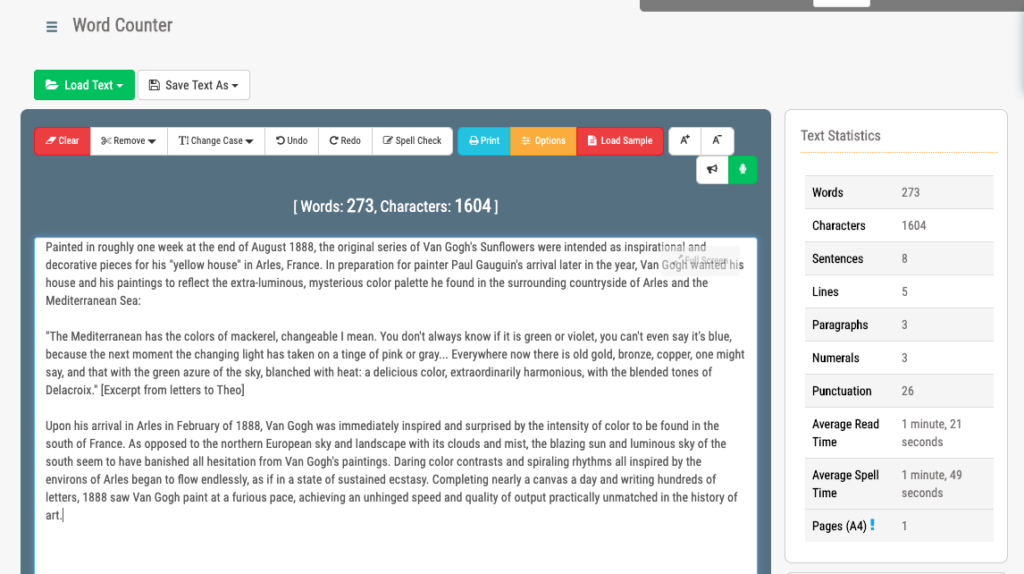

And “ much more” also can be omitted without changing the context.īelow is a list of redundancies, removing which you can make your college essay shorter. We removed “ about politics” because this phrase doesn’t have anything to do with the rest of the sentence. You can remove “I provided” because you specify that the essay is yours, so it’s only logical that those quotes were provided by you. The words “ each” and “ every” mean the same, so we can remove one instance. Of course, we exaggerated our example for illustrative purposes.Īs for what we deleted, the word “ certain” doesn’t require a modifier because if you’re not completely certain, you are not certain anymore (if that makes sense). We removed 10 words, and the meaning hasn’t changed.

Let’s edit and shorten the sentence above.Įdited: I was sure every fact in my essay made my argument compelling. Original: I was absolutely certain that each and every quote I provided in my essay about politics made my argument much more compelling. The best way to understand what can be cut out is to see if the meaning of the sentence stays the same when you do so. That doesn’t mean you’re a terrible writer - you just need to do a bit of editing and reduce the essay’s word count a bit. You might want to make the text more detailed or get so inspired when writing that you can’t stop filling your sentences with adjectives and adverbs. You can clutter your writing with repetitive phrases and needless words without even noticing it. Wordy phrasing also falls under this section. Hence, when trying to shorten your essay, start by eliminating redundancy. Although it can help the reader better understand emotions or situations in nonfiction, it’s unwelcome in academic writing. Redundancy in linguistics implies the usage of words and phrases that repeat what has been already said or can be understood from the context. What’s redundant? It’s something that exceeds what’s necessary or enough. Edit out redundancies and reduce wordiness


 0 kommentar(er)
0 kommentar(er)
